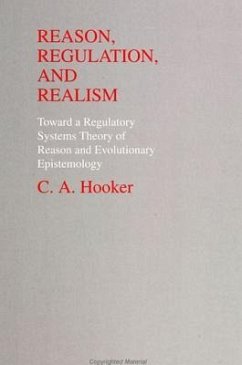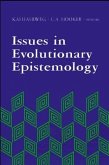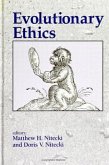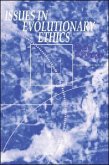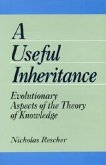This book develops a new naturalist theory of reason and scientific knowledge from a synthesis of philosophy and the new sciences of complex adaptive systems. In particular, the theory of partially self-organizing regulatory systems is now emerging as central to all the life and social sciences, and this book shows how these ideas can be used to illuminate and satisfyingly reconstruct our basic philosophical concepts and principles. Evolutionary epistemology provides a unifying subject for the book. It is taken as proposing some important commonality between cognitive biological and cognitive epistemic processes. Here, that commonality is found by embedding both in a common model of complex adaptive system dynamics. New reconstructions are offered on the theories of Jean Piaget, Karl Popper, and Nicholas Rescher which show how their ideas are more deeply illuminated from this perspective in contrast to the formal rationalist interpretations standard among philosophers and scientists.

